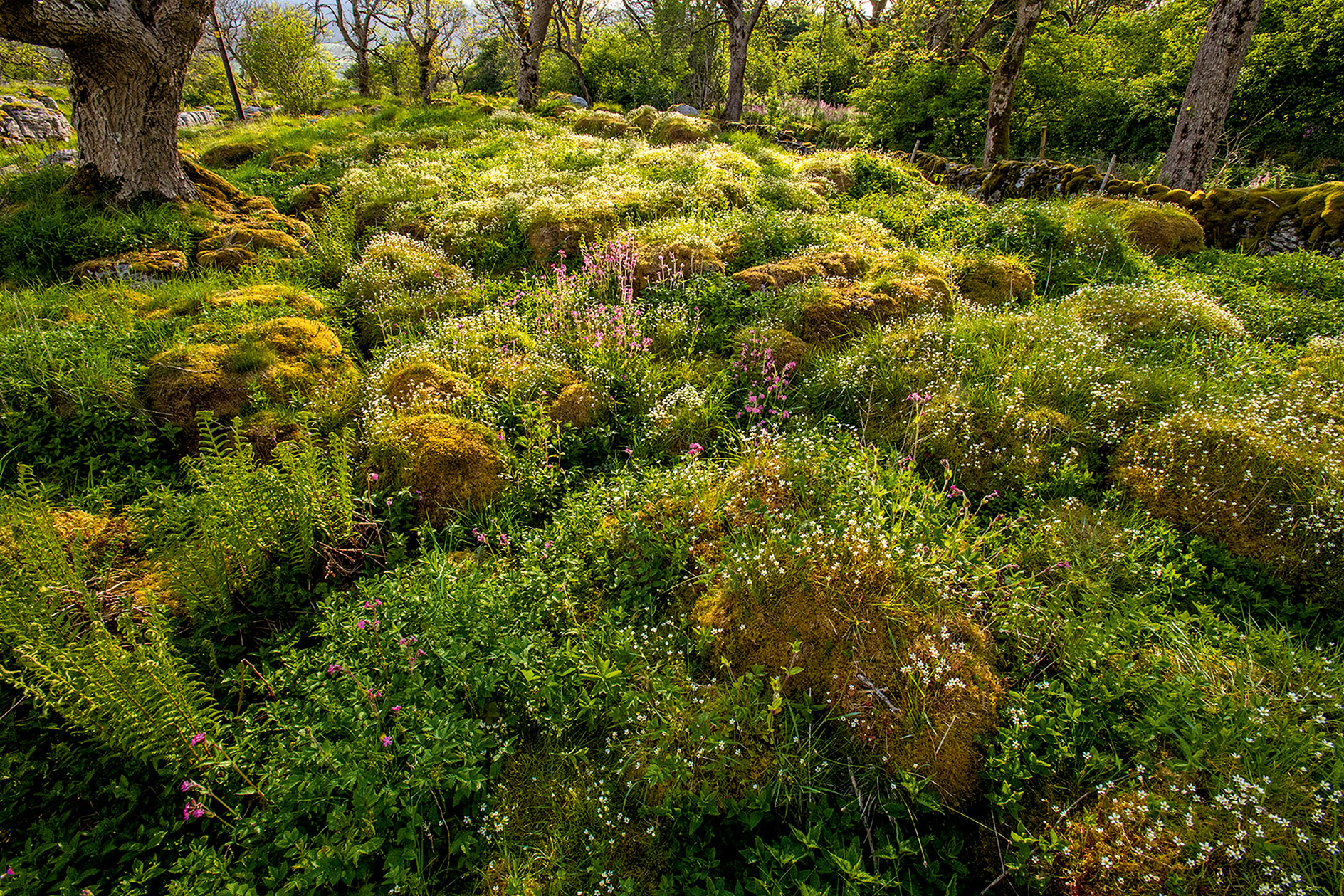Wild Ingleborough: The Yorkshire Dales landscape project that will be 'a blueprint for restoration'
A 3,000-acre landscape restoration trial in the Yorkshire Dales has begun. Annunciata Elwes takes a look.


Exquisite houses, the beauty of Nature, and how to get the most from your life, straight to your inbox.
You are now subscribed
Your newsletter sign-up was successful
An ‘alternative future’ for our uplands is being trialled at Wild Ingleborough, a new, 3,000-acre landscape restoration project in the Yorkshire Dales National Park, now under way, to capture carbon, reduce flooding, benefit wildlife and create woodland.
A collaboration between WWF, Yorkshire Wildlife Trust, Natural England, the University of Leeds, charity United Bank of Carbon and the Woodland Trust, the initiative hopes to replace bare, ‘lunar-like’ limestone pavement and intensively grazed pasture on land stretching from the River Ribble up to Ingleborough mountain (the second highest in the Dales and one of Yorkshire’s oft-trodden Three Peaks), with reconnected nature reserves and almost 100 acres of new native woodland within the next year — half through planting, half through natural regeneration.
It’s one of the first of such projects in England that hopes to reinstate the natural tree line, working closely with local landowners and farmers. Currently, only 4% of the Dales is covered in woodland, a lower proportion than any other national park.
Peatland, moorland and lichen heathland will be restored; plants such as juniper, bird’s-eye primrose, globeflower and the area’s nine species of fern should thrive; habitats will emerge for black grouse, red squirrels, cuckoos and curlews — at the moment, there are only two pairs of the latter in the area. Already, 3,000 native trees have been planted, including rowan, hawthorn and hazel, as well as hundreds of yards of drystone wall rebuilt.
‘Intervening carefully’ is key, explains Rachael Bice, chief executive of Yorkshire Wildlife Trust, ‘restoring [the] natural process and communities of plants and animals, which will… enrich the future of Yorkshire’s residents and visitors, too,’
‘Climate change and Nature loss are two sides of the same coin,’ adds Tanya Steele, chief executive at WWF.
‘The UK, as hosts of COP26, can lead efforts to boost Nature’s recovery, including transforming the way we use our land — with Wild Ingleborough a blueprint for restoration.’
Exquisite houses, the beauty of Nature, and how to get the most from your life, straight to your inbox.
Annunciata is director of contemporary art gallery TIN MAN ART and an award-winning journalist specialising in art, culture and property. Previously, she was Country Life’s News & Property Editor. Before that, she worked at The Sunday Times Travel Magazine, researched for a historical biographer and co-founded a literary, art and music festival in Oxfordshire. Lancashire-born, she lives in Hampshire with a husband, two daughters and a mischievous pug.
